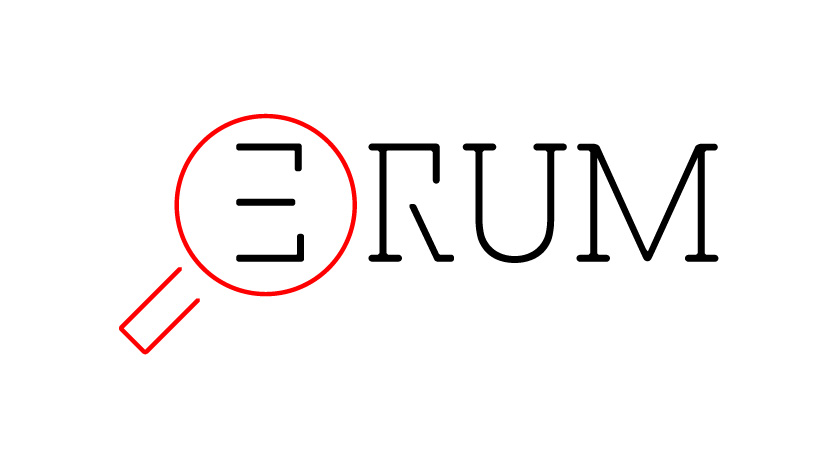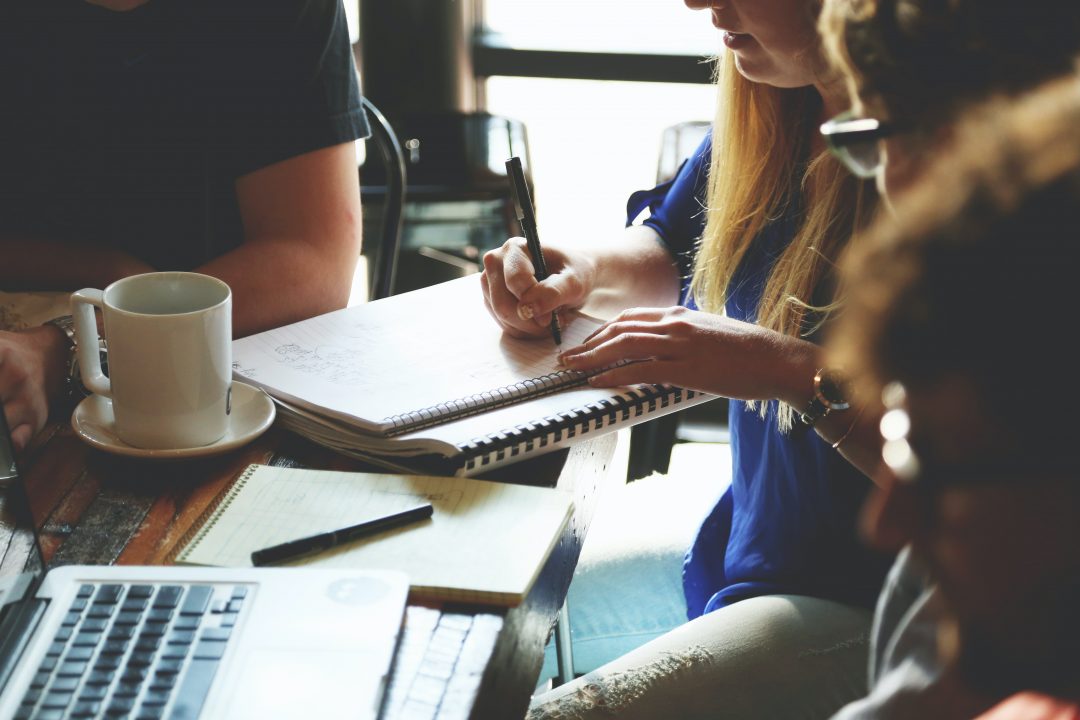The third content-related milestone of our project involves the creation of innovative learning material for university students from all study fields with the aim to deepen their knowledge about mis/disinformation, equip them with critical thinking skills to improve their resilience towards “fake news” and raise awareness about its impact on our society. With this learning material, we will therefore try to address different competence areas. We will draw on the Competences for Democratic Culture – a model set up by the Council of Europe – and the DigComp framework created by the European Commission. Keeping these frameworks in mind, our goal is to create educational material that fosters students’ attitudes (such as tolerance of ambiguity, respect and responsibility), knowledge and critical understanding (of politics, human rights, culture, the environment) and skills in the field of information and data literacy, communication and collaboration as well as problem solving.
The development of this learning material is comprised of three phases. In the first phase, the project team will formulate learning objectives and based thereon start with the creation of the learning material, which will include amongst others a glossary, case studies in the form of texts, photographs or videos as well as self-assessment quizzes that will allow students to reflect on their knowledge and question their own existing stereotypes/prejudices. Additionally, subject-specific quizzes that focus on the recognition of false information will be developed. In a second phase, the developed educational material will be piloted and the feedback of both students and journalists will be used for improving it. The third phase involves the exploitation of the learning material within the partner universities. The sustainability of the learning material will be guaranteed through the integration of the learning material in the classrooms of the partner institutions. Furthermore, once ready, the learning material will be available to the public as an Open Educational Resource!

